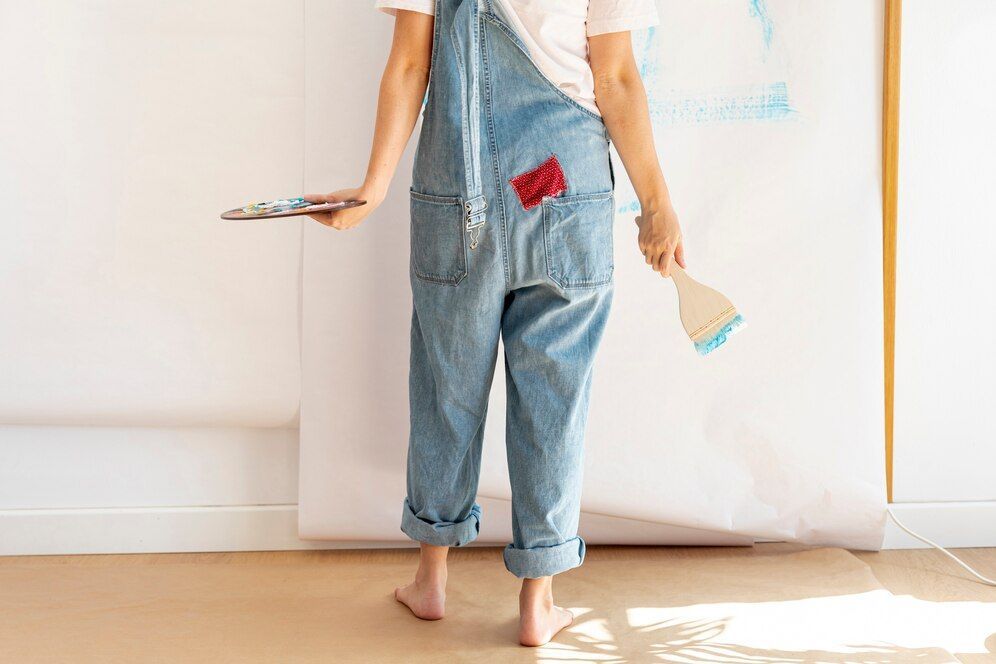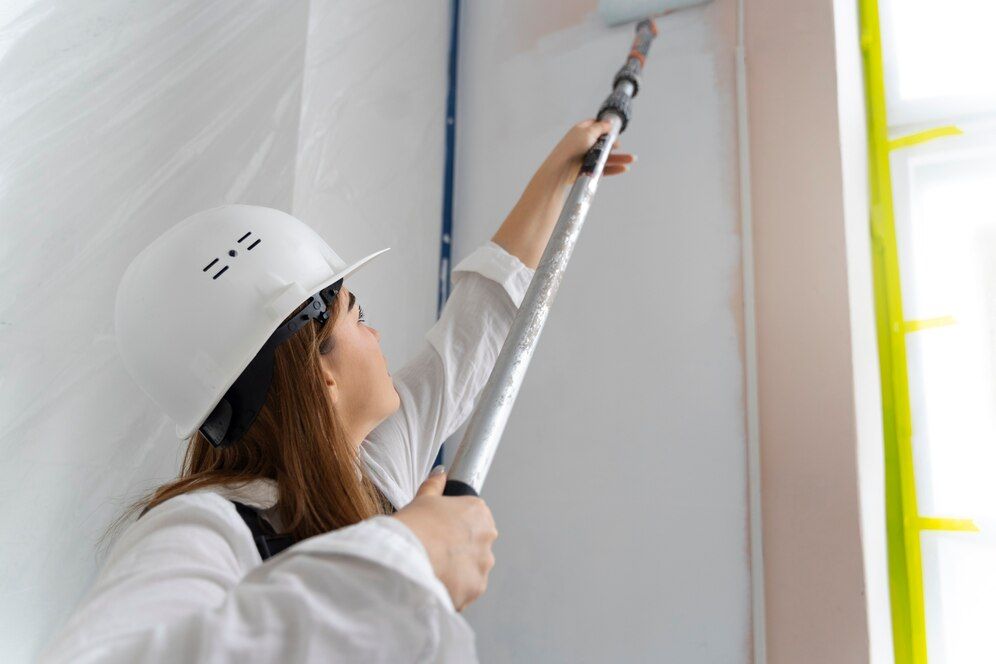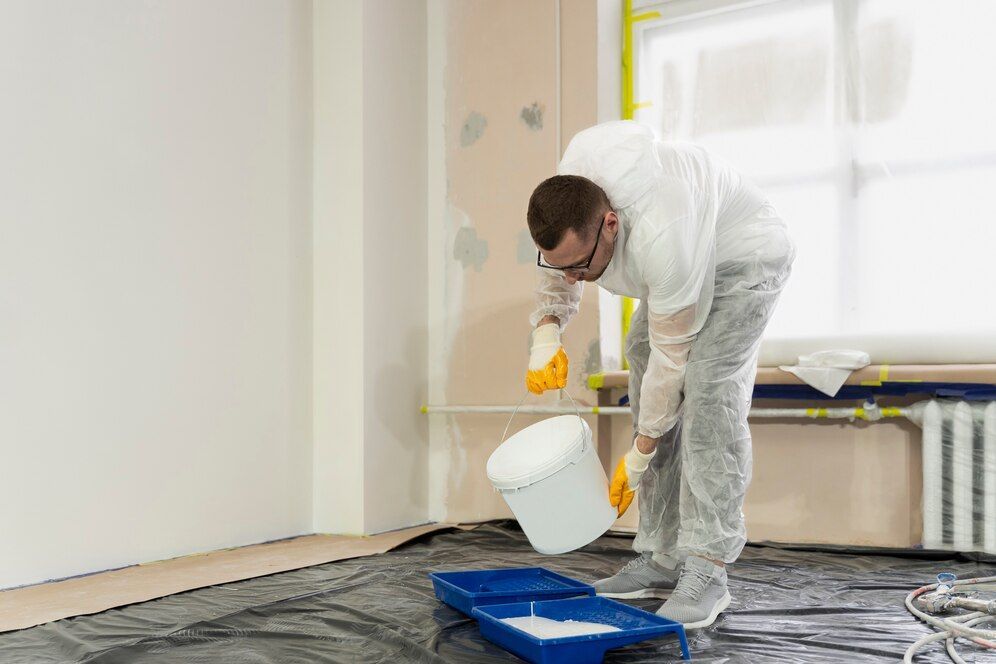Premier Painting of Newberry
352-715-2552
Cracking, Peeling, and Bubbling: When to Repaint Your Walls
Walls are subjected to various stressors, from changes in temperature and humidity to everyday wear and tear. Over time, these stressors can cause issues like cracking, peeling, and bubbling paint, signaling that your walls may need a fresh coat. Knowing when to repaint is essential for maintaining both the appearance and structural integrity of your home. Here’s what you need to know about these common paint problems and when it’s time to take action.

1. Cracking Paint
Cracking paint occurs when the paint starts to split apart, creating small fissures across the surface. This is often caused by temperature fluctuations, humidity, or the natural settling of your home.
- What to Look For:
Small cracks or fissures forming in the paint. You may notice these cracks getting worse over time or expanding as the surface continues to shift. - Why It’s Important:
Cracked paint not only looks unattractive but also leaves the surface vulnerable to moisture and dirt. If left unchecked, cracks can lead to bigger problems like water damage or mildew growth. - Pro Tip:
Before repainting, repair the cracks by filling them with spackle or caulk. Once smoothed out, apply a primer to ensure the new coat adheres properly.
2. Peeling Paint
Peeling paint occurs when the paint begins to lift off the surface entirely, often in larger sections. This can be caused by a variety of factors, including poor surface preparation, excessive moisture, or inferior paint quality.
- What to Look For:
Large patches of paint lifting away from the wall, exposing the underlying surface. The paint may peel in sheets, especially in areas of high humidity or direct sunlight. - Why It’s Important:
Peeling paint is more than an eyesore; it can indicate that the underlying surface is damaged or has been compromised. Exposing bare surfaces to moisture can lead to mold growth or even wood rot in some cases. - Pro Tip:
If the peeling is extensive, strip the old paint completely and prepare the surface properly before applying a new coat. Use moisture-resistant paints for high-humidity areas like bathrooms.
3. Bubbling Paint
Bubbling occurs when air or moisture gets trapped beneath the paint layer, causing bubbles to form on the surface. This is typically caused by painting over a surface that is too hot, too humid, or still damp.
- What to Look For:
Small, raised bubbles that appear randomly across the painted surface. Bubbling may begin within days or weeks of painting, or it may develop after months or years. - Why It’s Important:
Bubbles in the paint create an uneven surface that detracts from the overall appearance. If left untreated, they can lead to peeling or cracking, allowing water and dirt to infiltrate the walls. - Pro Tip:
Always paint when conditions are ideal—avoid painting in extremely hot, humid, or damp conditions. If you notice bubbling, scrape off the bubbled paint, sand the area smooth, and repaint the affected sections.
Conclusion
If you notice cracking, peeling, or bubbling paint on your walls, it’s time to address these issues. Repainting not only restores the beauty of your walls but also protects the underlying surface from moisture, dirt, and further damage. Taking care of these issues early will ensure your walls stay in good shape for years to come.
Contact Us at Premier Painting of Newberry
Is your home in need of a fresh coat of paint? Premier Painting of Newberry can help! Our professional team specializes in repairing cracks, peeling, and bubbling paint to restore your home’s beauty.
Premier Painting of Newberry
Newberry, Florida, United States
Phone: 352-715-2552

LET’S WORK TOGETHER
At Premier Painting of Newberry, we’re excited to collaborate with you on your next painting project. Let us bring your vision to life with our expert services and exceptional craftsmanship!
QUICK LINKS
COMPANY INFO


